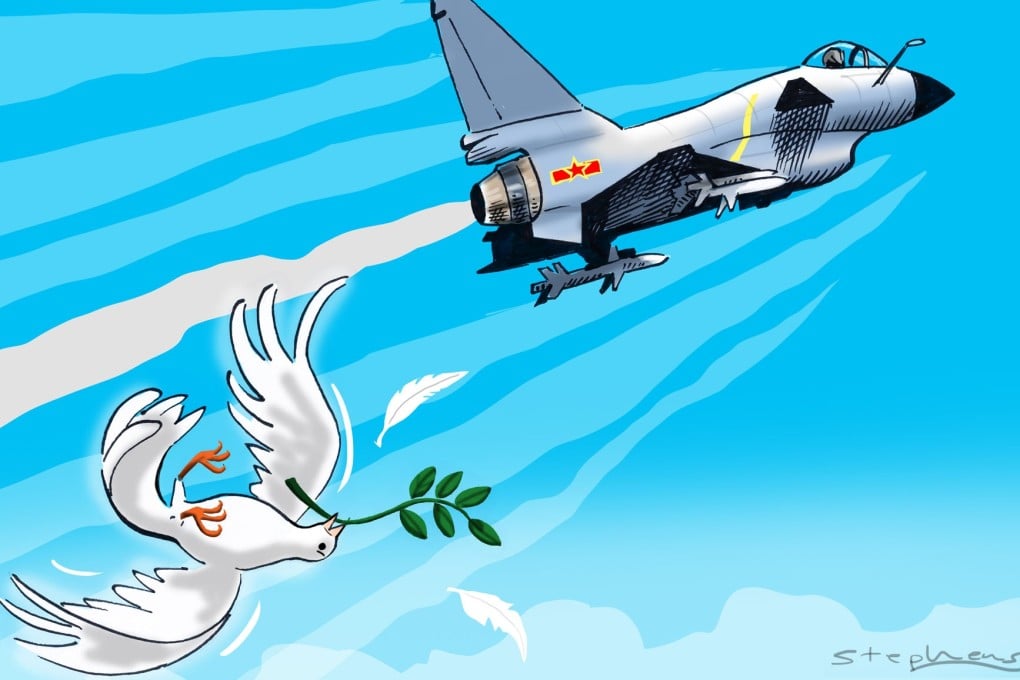China's potential security game changer in the South China Sea
Mark Valencia says amid rising tensions, China may feel the need to set up an air defence zone in the South China Sea that includes some disputed Spratly Islands, a move that would threaten regional peace

In November 2013, China surprised Japan, the US and the rest of the world by declaring an air defence identification zone (ADIZ) in the East China Sea. Ever since, there has been a hail of hyperbole from analysts, the media and even high-ranking officials, particularly from the US, regarding the possibility that China may declare a similar zone in the South China Sea.
In December 2013, US Secretary of State John Kerry cautioned China to "refrain from taking similar unilateral actions elsewhere in the region and particularly in the South China Sea."
Then, in January 2014, Evan Medeiros, senior director for Asian Affairs at the US National Security Council, said: "We have been very clear with the Chinese that we would see that as a provocative and destabilising development that would result in changes in our presence and military posture in the region." Last month, US Admiral Sam Locklear, commander of US forces in the Pacific, stirred up the debate when he told a US Senate Armed Services Committee hearing that China's reclamation activities in the South China Sea could provide a "platform for enforcing an ADIZ".
What is all the fuss about? There is no international legal basis for such zones and their "rules", except perhaps the general principles of self-defence and freedom of overflight. If there is a contradiction, the former will always take precedence, for any country. Moreover, the establishment and implementation of ADIZs have always been unilateral and controversial. The US established the precedent - for itself and Japan, Taiwan and South Korea - after the second world war, and thinks that all other nations' zones should be based on its model. But being first does not justify dictating the rules for all, especially in the absence of an international agreement.
So, will China declare a zone in the South China Sea? Supposedly, a draft has been prepared by China's Air Force Command College and was submitted to the government in May 2013. The proposed zone would reportedly cover the Paracel Islands and some of the South China Sea. Officials are still deliberating on its extent and the timing of any announcement.
However, a spokesman for the foreign ministry said that "generally speaking China does not feel there is an air security threat from Asean countries and therefore does not feel a need for an ADIZ". But as US intelligence, surveillance and reconnaissance probes increase and such capabilities of US friends and allies in Asia expand, China may feel the need to protect itself against a possible threat to its national security from the air, possibly eventually with an air defence zone.
It is worrying that last month China reportedly radioed warnings to Philippine air force patrol planes to keep away from "their military security area" near Subi Reef.